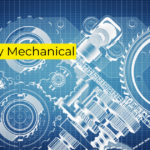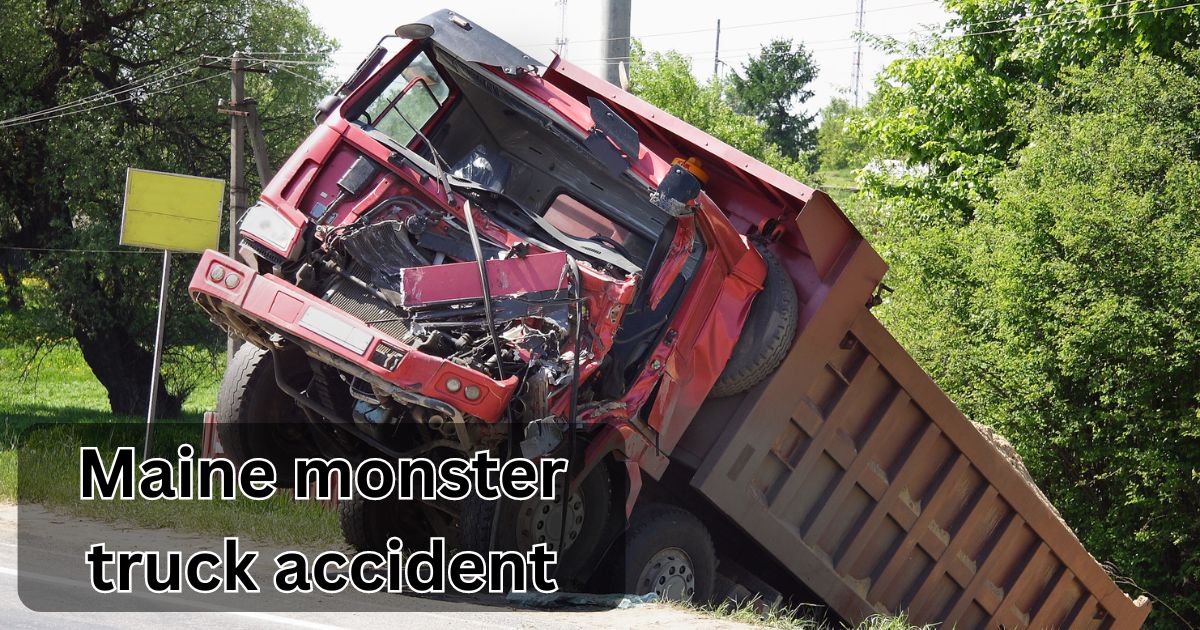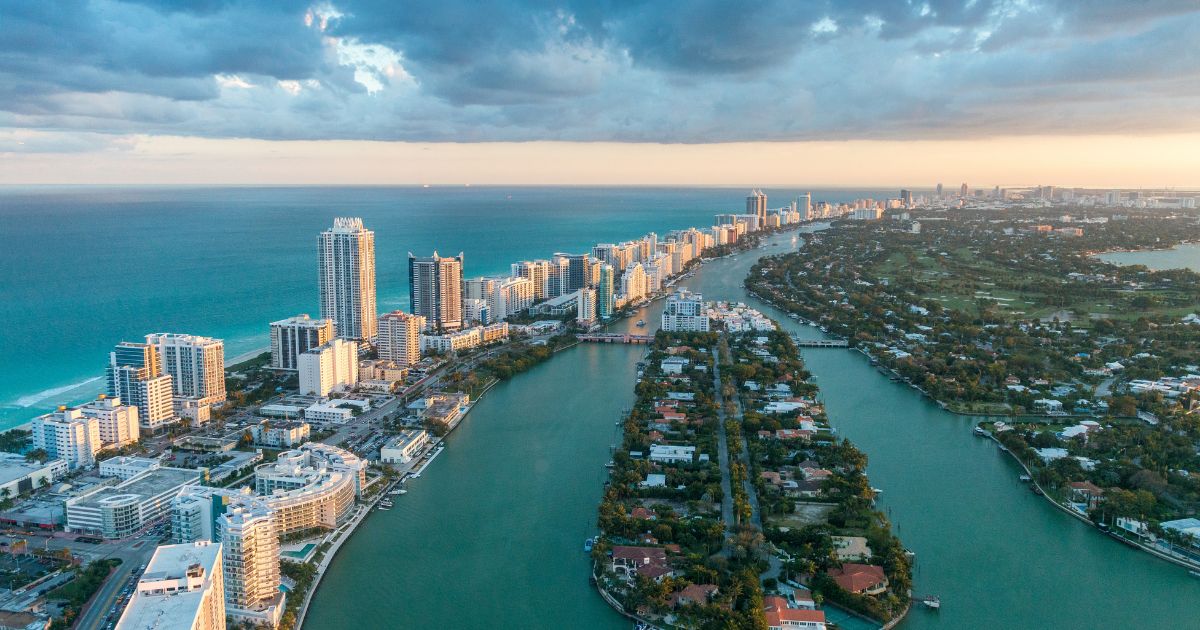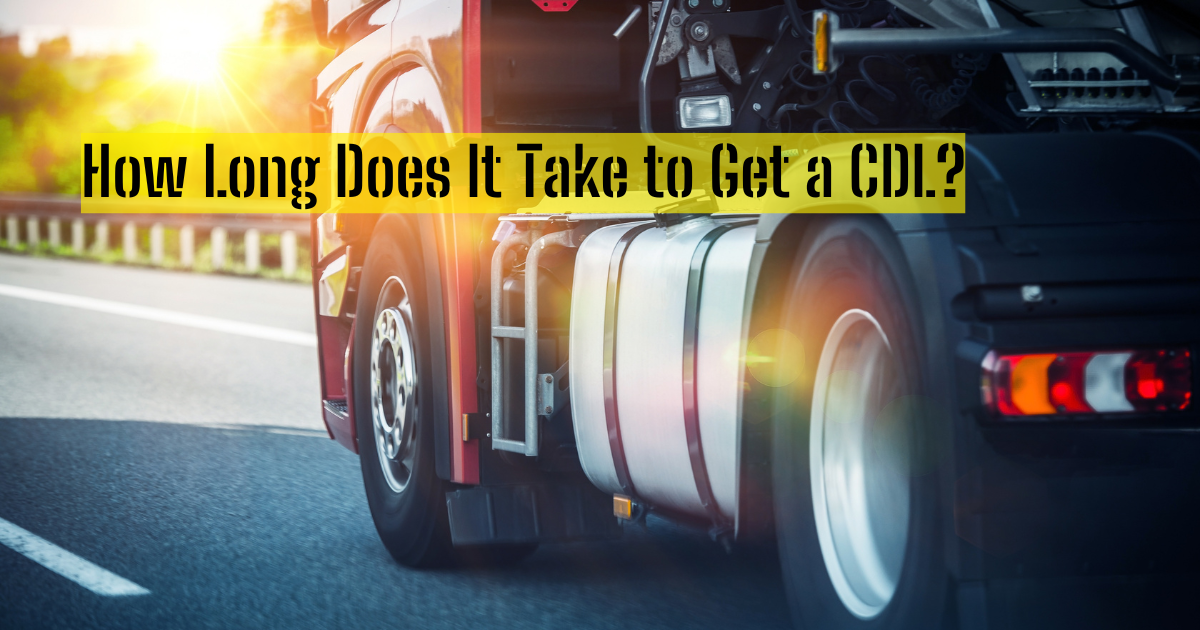The Maine monster truck accident is a tragic event that has left an indelible mark on the community and the broader monster truck industry. Monster truck shows, known for their thrilling displays of automotive power and daring stunts, have always been crowd-pullers. However, the excitement of these events can sometimes be overshadowed by the inherent risks involved. The accident in Maine, which took place during what was supposed to be a day of fun and entertainment, turned into a day of horror as a monster truck lost control and careened into the audience, causing severe injuries and loss of life.
Understanding the specifics of the Maine monster truck accident is crucial not only for grasping the immediate impact on those involved but also for examining the broader implications for safety standards within the industry. This incident has sparked debates about the adequacy of current regulations and the need for more stringent safety measures to prevent such tragedies in the future.
What is a Monster Truck?
Monster trucks are oversized vehicles equipped with massive wheels and suspension systems designed for off-road use and spectacular stunts. These trucks, often weighing as much as 10,000 pounds, are a staple of motorsport entertainment, particularly in North America. They are custom-built, with powerful engines that allow them to jump over obstacles, crush cars, and perform daring feats that thrill audiences.
The popularity of monster truck events has grown significantly since the first organized shows in the 1970s. Today, they are a major attraction at fairs, stadiums, and arenas across the United States, including Maine. The excitement of watching these colossal machines defy gravity and physics is undeniable. However, the very factors that make monster trucks thrilling also make them potentially dangerous, as evidenced by the tragic accident in Maine.
The Event: What Happened?
Date and Location
The Maine monster truck accident occurred on a crisp fall afternoon in October at the annual Monster Mania event held in Portland, Maine. The event, which had attracted thousands of spectators from across the region, was taking place at a large open field near the outskirts of the city. This venue, known for hosting large-scale events, had been meticulously prepared to accommodate the massive trucks and the throngs of excited fans.
Portland, with its vibrant cultural scene and strong community spirit, had long been a hub for such events. The Monster Mania show was one of the highlights of the city’s autumn calendar, drawing families, thrill-seekers, and motor enthusiasts alike. The anticipation was palpable as the crowd settled in to watch the towering trucks take to the track. Unfortunately, the day would take a dark turn, forever altering the lives of those in attendance.
Description of the Accident
The accident unfolded in a matter of seconds but left lasting scars on the minds of those who witnessed it. During the show, one of the monster trucks, while performing a high-speed jump over a line of parked cars, veered off course upon landing. The driver appeared to lose control of the vehicle as it skidded off the designated track and plowed through a flimsy barrier, heading straight into the crowd.
Panic ensued as the massive truck barreled into the spectators, causing chaos and mayhem. Several people were struck by the vehicle, leading to multiple injuries and, tragically, fatalities. The roar of the engine was quickly drowned out by the screams of the crowd and the wailing of sirens as emergency services rushed to the scene. The joyous atmosphere of the event was shattered in an instant, replaced by horror and disbelief.
Involved Parties
The Maine monster truck accident involved several key parties, including the driver, event organizers, and the unfortunate victims. The driver, a seasoned professional with years of experience in the monster truck circuit, was left devastated by the tragedy. Preliminary reports indicated that the truck’s steering system may have malfunctioned, though this remains a subject of ongoing investigation.
The event organizers, responsible for planning and executing the show, faced intense scrutiny in the aftermath of the accident. Questions were raised about the adequacy of safety measures in place, including the barriers separating the track from the audience. The victims, whose identities were later made public, included both children and adults, some of whom had traveled from other states to attend the event.
The Aftermath
Immediate Response
In the immediate aftermath of the Maine monster truck accident, emergency services responded with commendable speed. Ambulances, fire trucks, and police cars were on the scene within minutes, tending to the injured and securing the area. Paramedics worked tirelessly to stabilize those with life-threatening injuries, while others were transported to nearby hospitals for further treatment.
The area was quickly cordoned off as investigators began their work, trying to piece together what had gone wrong. The event was abruptly canceled, and the remaining spectators were asked to leave the premises as law enforcement and safety officials took control of the situation. The swift response of emergency services likely saved lives, but the incident still resulted in several fatalities, casting a dark shadow over what had been a much-anticipated event.
Also Read: 10 Best Places to Visit
Public Reaction
The public reaction to the Maine monster truck accident was one of shock and sorrow. News of the tragedy spread rapidly, both locally and nationally, as media outlets began covering the story. In Maine, the community was gripped by grief as the names of the victims were released. Vigils were held in honor of those who lost their lives, and social media was flooded with messages of condolences and support for the families affected.
Beyond the immediate emotional response, there was also a wave of anger and concern. Many questioned how such a disaster could occur at a well-organized event, demanding answers from the organizers and authorities. The accident ignited a broader conversation about the safety of monster truck shows and similar high-risk entertainment events, with many calling for stricter regulations to protect both participants and spectators.
Impact on Future Events
The Maine monster truck accident had a profound impact on the future of similar events in the state and beyond. In the weeks following the accident, several monster truck shows across the country were canceled or postponed as organizers reevaluated their safety protocols. In Maine, state officials announced a thorough review of event safety standards, with particular attention to the regulations governing monster truck shows.
The accident also prompted the broader motorsport community to take a hard look at its practices. Many event organizers began implementing more stringent safety measures, including stronger barriers, enhanced driver training, and more rigorous vehicle inspections. While these changes were a step in the right direction, the accident served as a grim reminder of the potential dangers inherent in such high-octane entertainment.
Investigations and Legal Proceedings
Official Investigation
The official investigation into the Maine monster truck accident was spearheaded by several agencies, including the Maine State Police, the Occupational Safety and Health Administration (OSHA), and the National Transportation Safety Board (NTSB). The investigation aimed to determine the exact cause of the accident and to assess whether any laws or safety regulations had been violated.
Investigators conducted a thorough examination of the accident site, collected evidence from the wreckage, and interviewed witnesses, including the driver and event staff. A key focus of the investigation was the mechanical condition of the monster truck involved in the accident. Preliminary findings suggested that a failure in the truck’s steering system might have contributed to the driver losing control, but the final report would take several months to complete.
Legal Actions
In the wake of the Maine monster truck accident, several legal actions were initiated by the victims’ families. Lawsuits were filed against the event organizers, the driver, and the company that owned the monster truck, alleging negligence and failure to ensure the safety of spectators. The legal proceedings were highly publicized, with many in the community closely following the developments.
The plaintiffs argued that the organizers had not provided adequate safety barriers and had failed to conduct sufficient inspections of the vehicles participating in the event. The defense, on the other hand, contended that the accident was an unforeseeable tragedy and that all necessary precautions had been taken. The legal battle was complex, involving multiple parties and significant sums of money, and it highlighted the challenges of assigning blame in such a catastrophic event.
Final Verdict
The legal proceedings related to the Maine monster truck accident culminated in a mixed verdict. While the court recognized that the event organizers had complied with existing regulations, it also found that more could have been done to protect spectators. The organizers were held partially liable for the accident and were ordered to pay substantial damages to the victims’ families.
The driver and the truck’s owner were cleared of any criminal wrongdoing, but the incident had already taken a heavy toll on their lives and careers. The verdict served as a wake-up call for the industry, underscoring the need for stricter safety standards and better planning for high-risk events. In the aftermath, many event organizers across the country voluntarily adopted more stringent measures to prevent similar tragedies.
Safety Concerns in Monster Truck Events
Historical Accidents
The Maine monster truck accident is not an isolated incident; similar tragedies have occurred in the past, raising ongoing concerns about the safety of such events. In 2009, a monster truck accident in Mexico resulted in the deaths of eight spectators, while several other accidents over the years have led to serious injuries and fatalities. These incidents often share common factors, such as mechanical failures, driver errors, and insufficient safety barriers.
Historically, the thrill of monster truck shows has come with a certain level of risk, but the frequency and severity of accidents have prompted calls for reform within the industry. Comparing the Maine accident with past events reveals a pattern of insufficient oversight and a lack of standardized safety measures. This history underscores the urgent need for comprehensive safety reforms to protect both participants and spectators.
Safety Regulations
In response to past accidents, various safety regulations have been introduced at both the state and federal levels to govern monster truck events. These regulations typically cover vehicle inspections, driver qualifications, and the design of tracks and barriers. However, the implementation and enforcement of these regulations can vary widely, leading to inconsistencies in safety standards across different events and locations.
The Maine monster truck accident has brought renewed attention to the adequacy of these regulations. Critics argue that the existing rules are insufficient and that more needs to be done to ensure the safety of spectators. In particular, there are calls for mandatory inspections of all vehicles before each event, stricter requirements for safety barriers, and more rigorous training for drivers and event staff. The accident has highlighted the need for a unified approach to safety in the monster truck industry.
Preventative Measures
Preventing future accidents like the one in Maine requires a multifaceted approach that addresses both the technical and human factors involved in monster truck events. One of the most critical steps is improving the design and maintenance of the trucks themselves. Regular inspections and maintenance checks should be mandatory to identify and address potential mechanical issues before they lead to accidents.
In addition to vehicle safety, enhancing the physical layout of events is crucial. This includes installing stronger barriers between the track and the spectators, creating larger buffer zones, and improving emergency response protocols. Furthermore, driver training should be emphasized, with ongoing education on safety practices and emergency procedures. By addressing these key areas, the industry can reduce the risk of accidents and ensure that monster truck shows remain a safe and enjoyable form of entertainment.
Media Coverage and Public Perception
News Reports
The Maine monster truck accident was extensively covered by local and national news outlets, with headlines highlighting the tragic loss of life and the shock that gripped the community. News reports provided detailed accounts of the accident, including interviews with witnesses, updates on the condition of the injured, and statements from officials. The media played a crucial role in informing the public about the event, but it also influenced the narrative surrounding the accident.
Some reports focused on the potential negligence of the event organizers, while others highlighted the dangers inherent in monster truck shows. The language used in these reports often reflected the emotional intensity of the situation, with terms like “horrific,” “devastating,” and “tragic” frequently appearing in headlines. This coverage not only shaped public perception but also put pressure on authorities and the industry to take action in response to the accident.
Public Statements
In the aftermath of the accident, several public statements were issued by the involved parties. The event organizers expressed their deep sorrow and extended condolences to the families of the victims, while also pledging to cooperate fully with the ongoing investigation. The driver of the monster truck, visibly shaken by the incident, also released a statement expressing his devastation and commitment to supporting the investigation.
Local government officials, including the mayor of Portland, called for a thorough review of safety protocols for future events and promised that lessons would be learned from the tragedy. These statements were intended to address the public’s concerns and reassure the community that steps were being taken to prevent such an event from happening again. However, they also faced criticism from some quarters for being too little, too late.
Social Media Impact
The impact of the Maine monster truck accident was also felt across social media platforms, where news of the incident spread rapidly. Hashtags related to the accident trended on Twitter, with users expressing their shock, offering condolences, and sharing their thoughts on the safety of such events. On Facebook and Instagram, photos and videos from the scene circulated widely, further amplifying the emotional response to the tragedy.
Social media played a dual role in the aftermath of the accident. On one hand, it provided a space for collective mourning and support, bringing people together in the face of a shared tragedy. On the other hand, it also fueled speculation and debate about the causes of the accident and who should be held accountable. The widespread discussion on social media contributed to the growing demand for change within the monster truck industry.
The Broader Implications
Monster Truck Culture
The Maine monster truck accident has had a significant impact on the culture surrounding monster truck events. These shows have long been a beloved form of entertainment, particularly in regions like Maine where motorsports are a popular pastime. The excitement and spectacle of monster trucks have created a dedicated fanbase that spans generations, from young children to adults who have grown up attending these events.
However, the accident has prompted a reevaluation of this culture, with some questioning whether the risks associated with monster truck shows are worth the thrill. For many fans, the tragedy has cast a shadow over their enjoyment of the sport, leading to a more cautious and reflective attitude toward future events. While the core appeal of monster truck shows remains, the accident has undoubtedly left a lasting impression on the community and the broader culture of motorsports.
Event Planning and Management
The Maine monster truck accident has also had far-reaching implications for event planning and management within the motorsport industry. Event organizers are now more aware than ever of the potential risks associated with high-adrenaline entertainment and the importance of meticulous planning and safety protocols. The accident has underscored the need for a comprehensive approach to event management that prioritizes the safety of both participants and spectators.
In response, many organizers have begun to implement stricter safety measures, including enhanced training for staff, more rigorous vehicle inspections, and improved crowd control strategies. The accident has also highlighted the importance of having contingency plans in place for emergencies, with clear communication channels and rapid response capabilities. These changes are designed to prevent future tragedies and ensure that events are conducted in a safe and controlled environment.
Insurance and Liability Issues
The Maine monster truck accident has brought to the forefront the complex issues of insurance and liability in the context of high-risk events. Insurance companies, already cautious about covering such events, have become even more stringent in their requirements following the accident. Event organizers are now required to provide more detailed safety plans and demonstrate compliance with all relevant regulations to secure coverage.
Liability is another critical concern, as the legal proceedings related to the accident have shown. Organizers, drivers, and even vendors associated with such events can be held liable in the event of an accident, leading to significant financial and legal repercussions. The accident has prompted a reevaluation of liability practices within the industry, with many advocating for clearer guidelines and more robust protections for all parties involved.
Conclusion
The Maine monster truck accident was a tragic event that highlighted the inherent risks of monster truck shows and the need for improved safety measures. The accident, which resulted in multiple fatalities and injuries, has had a profound impact on the community, the industry, and the broader culture of motorsports. It has sparked important conversations about safety, regulation, and the responsibilities of event organizers and participants.
The aftermath of the accident has shown that while the thrill of monster truck events is undeniable, it must be balanced with a commitment to safety. The lessons learned from this tragedy should serve as a catalyst for change within the industry, driving the adoption of stricter safety standards and better planning practices. By doing so, the industry can honor the memory of those who lost their lives and prevent future accidents from occurring.
As the monster truck industry moves forward, the Maine accident will undoubtedly remain a pivotal moment in its history. The changes that have been implemented in response to the accident are a step in the right direction, but continued vigilance is necessary. The goal should be to create an environment where the excitement of monster truck shows can be enjoyed without compromising the safety of spectators and participants. Through ongoing innovation, regulation, and education, the industry can ensure that such tragedies never happen again.









